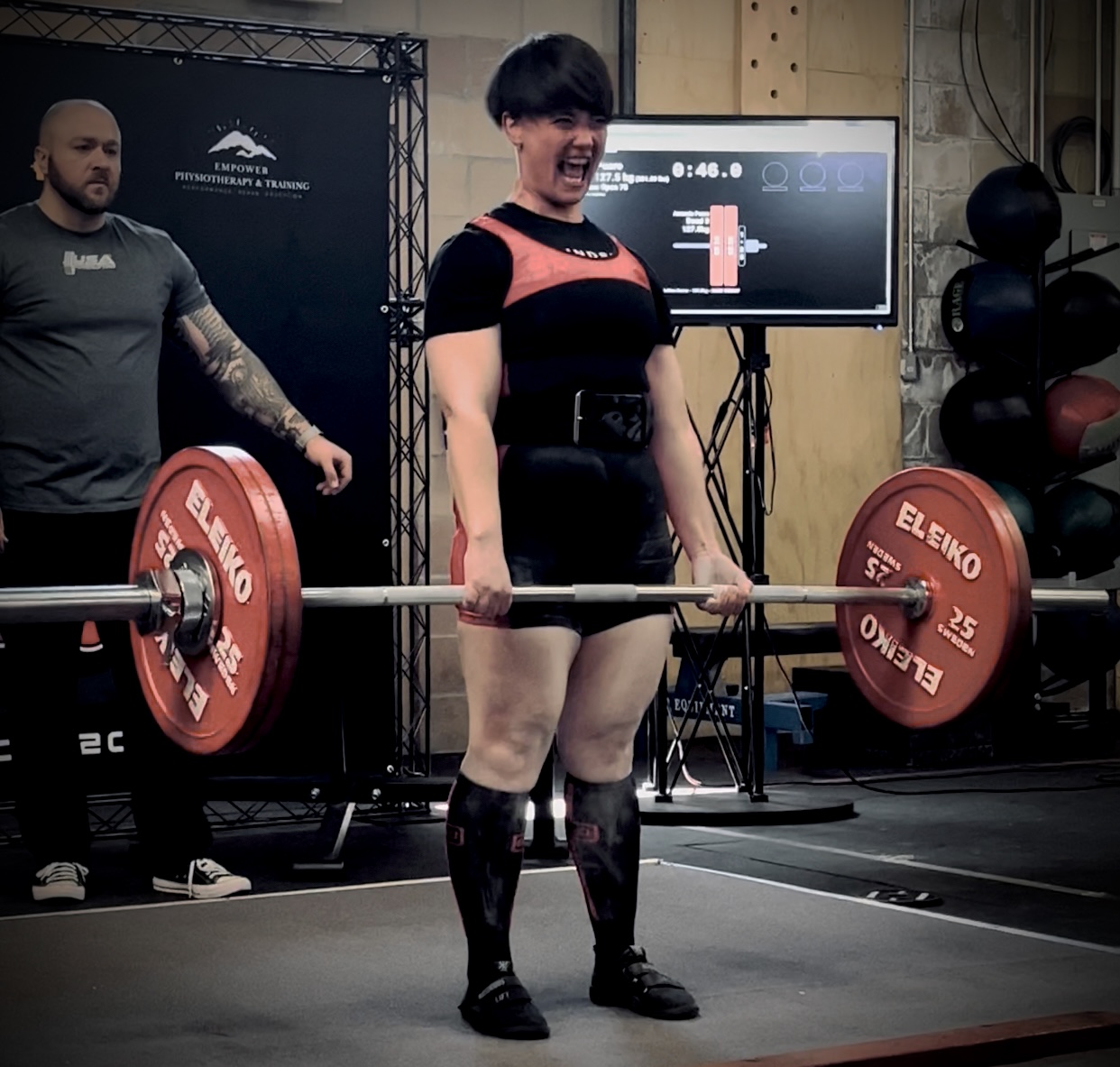Pump Up Your Gains: The Surprising Role of Cardiovascular Fitness in Lifting Heavy
- Coach AP
- Dec 19, 2024
- 3 min read
When it comes to strength training and powerlifting, cardiovascular fitness often gets overlooked. Many lifters believe that cardio is only for endurance athletes or those chasing fat loss. However, cardiovascular health plays a critical role in helping you lift heavier and train more effectively. Here's why you should embrace cardio as part of your training program.
1. Improved Recovery Between Sets
Heavy lifting taxes your muscles, but it also puts a significant demand on your cardiovascular system. When you’re performing a heavy squat or deadlift, your heart and lungs work hard to deliver oxygen and nutrients to your muscles. A stronger cardiovascular system enables you to recover faster between sets, allowing you to maintain high performance throughout your workout.
If you’ve ever felt winded after a heavy set, you’ve experienced this firsthand. Incorporating regular cardio can help your body clear metabolic waste products more efficiently, so you’re ready for the next set sooner.
2. Enhanced Training Volume
Training volume—the total amount of work you perform in a session—is a key factor in building strength. Cardiovascular fitness allows you to handle higher training volumes without fatiguing as quickly. This means you can get more out of your workouts, leading to greater strength gains over time.
When your cardiovascular system is conditioned, you’re less likely to hit a wall during longer sessions or circuits that combine heavy lifts with accessory work.
3. Better Endurance During Heavy Sets
While a one-rep max (1RM) relies primarily on maximal strength, many lifting protocols require sets of 3-10 reps. These multi-rep sets place a higher demand on your cardiovascular system, especially as weights get heavier. Cardio training increases your aerobic and anaerobic capacity, helping you sustain effort during longer sets without sacrificing form or power.
4. Injury Prevention
Fatigue is one of the biggest risk factors for injury in the gym. When your cardiovascular system is underdeveloped, your muscles and central nervous system tire more quickly, leading to breakdowns in technique. By improving your overall fitness, you build a stronger foundation for safe, effective training—even as the intensity ramps up.
5. Heart Health and Longevity
Strength training is great for building muscle and bone density, but it’s not enough on its own to support long-term heart health. Cardiovascular exercise strengthens your heart, reduces blood pressure, and improves circulation—all of which are crucial for overall well-being. A strong heart supports your ability to train consistently over the years and enjoy a healthier, longer life.
How to Incorporate Cardio Without Sacrificing Gains
One of the biggest fears lifters have about cardio is that it will interfere with strength and muscle-building goals. While excessive cardio can compete with recovery and hypertrophy, a balanced approach can actually enhance your performance. Here’s how to do it:
Low-Intensity Steady-State (LISS): Activities like walking, cycling, or rowing at a moderate pace can improve your aerobic base without interfering with recovery. Aim for 2-3 sessions of 20-40 minutes per week.
High-Intensity Interval Training (HIIT): Short bursts of high-effort work followed by rest intervals can build anaerobic capacity, which is especially useful for lifters. Keep HIIT sessions short (15-20 minutes) and schedule them on non-lifting days or after strength sessions.
Active Recovery: Incorporating light cardio on rest days helps reduce muscle soreness and keeps your body primed for heavy training.
A Holistic Approach to Strength
At its core, lifting heavy is about challenging your body to become stronger, more resilient, and better equipped to handle life’s demands. Cardiovascular fitness is a key piece of that puzzle. By improving your heart and lung capacity, you’re not only enhancing your lifting performance but also investing in your long-term health.
So next time you lace up your shoes for a brisk walk or hop on the bike for a quick spin, remember: you’re not just doing cardio—you’re leveling up as a lifter. Strong muscles and a strong heart go hand in hand.


Comments